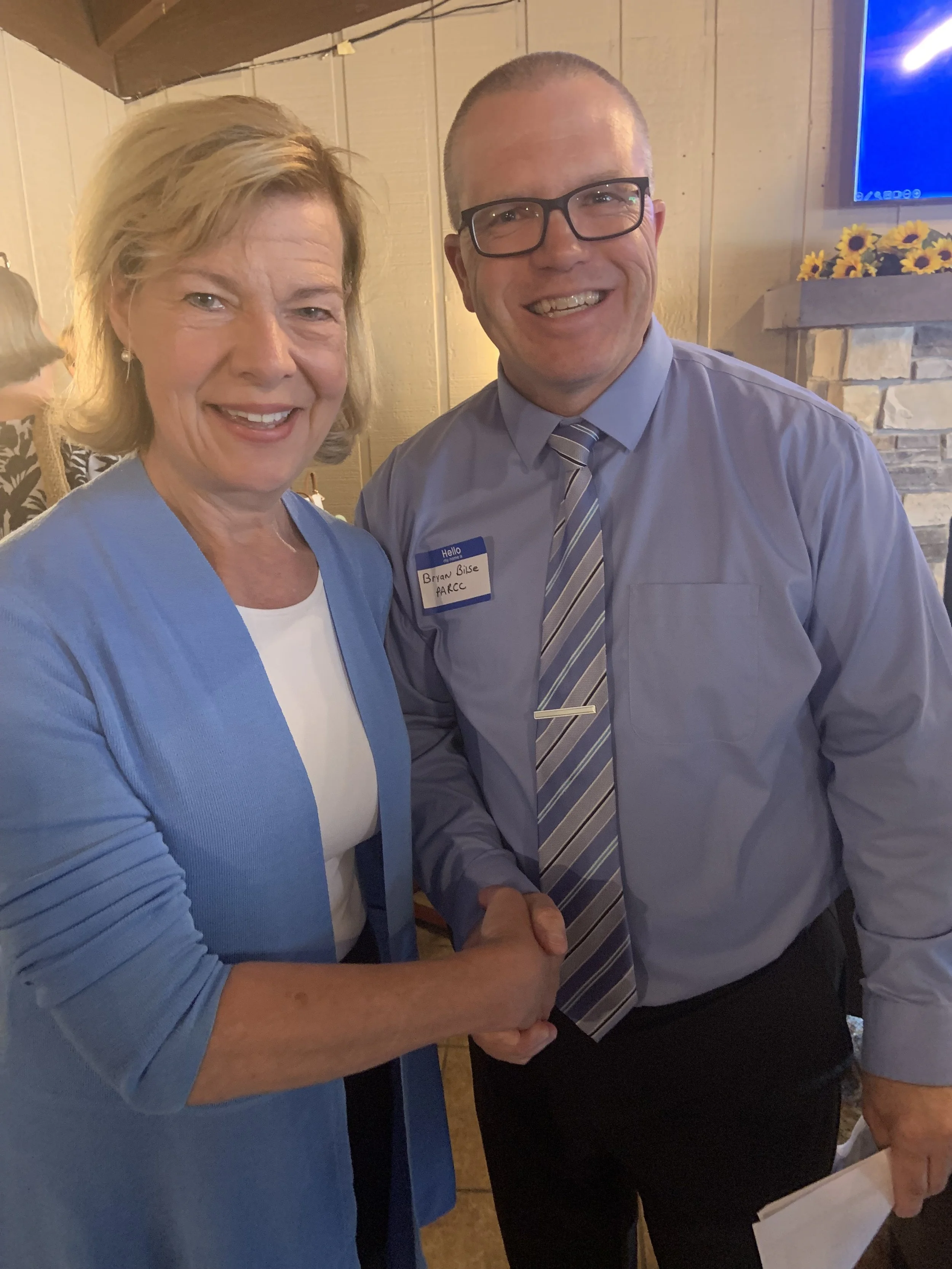WELCOME TO
PARCC
Prevention and Response Columbia County (PARCC) was born from the overwhelming Opioid Epidemic. In February of 2015, group of concerned citizens, from a variety of backgrounds came together to address treatment and prevention efforts within our county. To this day, PARCC continues to meet to discuss how we can better serve all populations within Columbia County.

Our Programs
-
There are 10 convenient locations within Columbia County, WI to properly and safely dispose of unused and expired medications. Click here for more information.
-
Is Narcan® the same as naloxone? What is Narcan®? What are symptoms of an opioid overdose? To view common FAQs, click here.
-
Wisconsin Wins is dedicated to keeping tobacco out of the hands of youth and stopping tobacco addiction before it ever starts. For more information on the Wisconsin Wins program, click here.
-
We offer two youth prevention and intervention programs: PreVenture and INDEPTH. Click here for details on each.
Our Commitment
We focus on prevention strategies, reducing stigma, supporting harm reduction and supporting treatment methods.
PARCC Staff
We’d love to hear from you!
Pictured (left-to-right): Bryan Bilse, PARCC Project Director & Sara McChesney, PARCC Project Coordinator
Get Involved
UPCOMING EVENTS
Join us for a PARCC Meeting or other upcoming events!
PARCC MEETING MINUTES
View minutes from past PARCC Meetings


